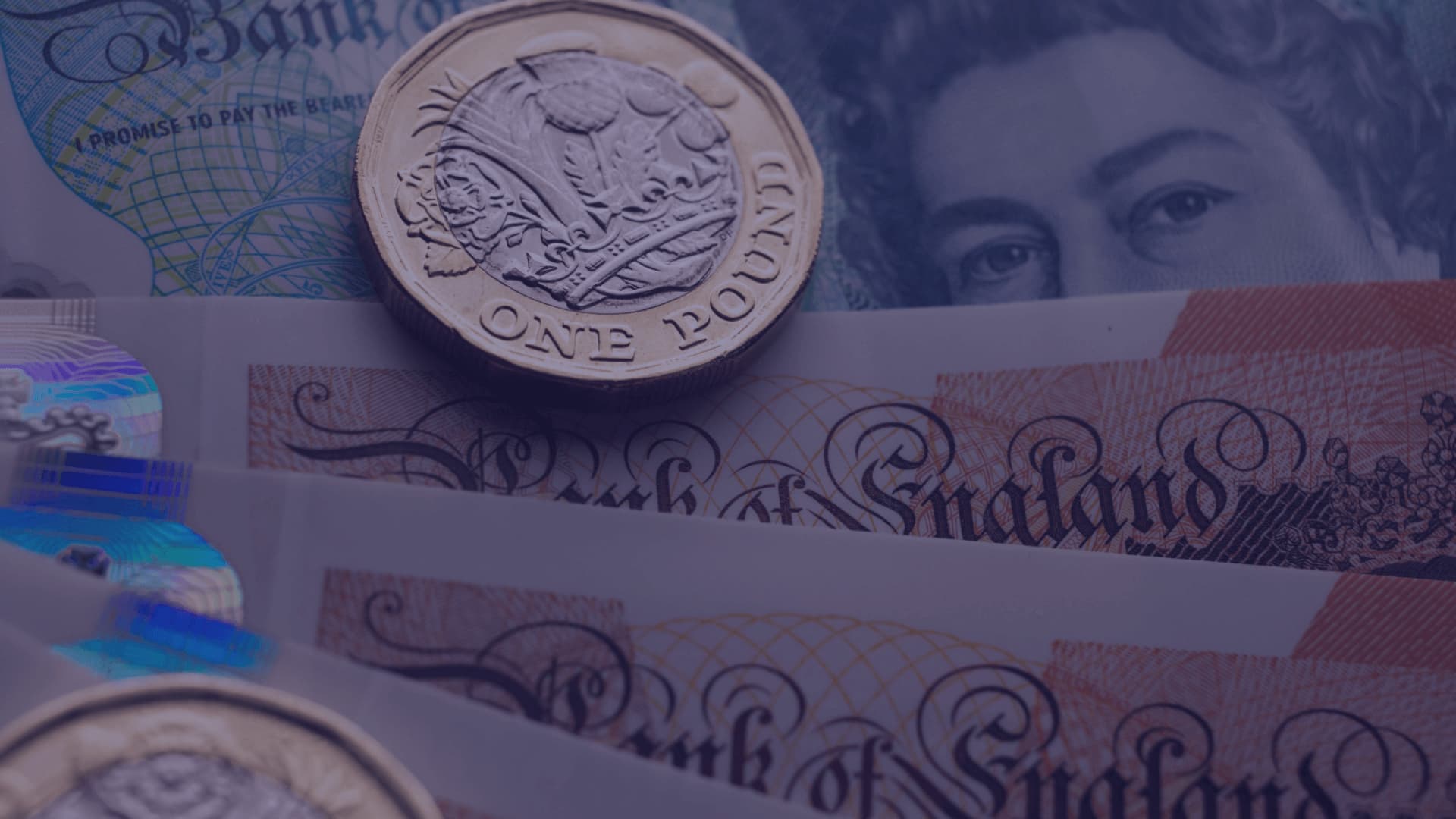
High Income but No Savings: The Expat Trap
Posted on: 28th April 2015 in
Expats
Many people come to Dubai with the expectation of turning their finances around. Some have specific goals, like
saving for retirement or
buying a house. Some want to “work hard for a few years”, so they can take it a bit easier and enjoy financial security later. After all, the high expat salaries and
tax-free living provide the perfect environment for wealth creation.
So it would seem. But many years later the same people are leaving the UAE with no savings – just much closer to retirement, for which they are completely unprepared. They are facing a shocking decline in their standard of living.
Majority of Dubai Expats Don’t Save Enough
A surprisingly high proportion of Dubai expats are rich and broke at the same time. Numerous surveys and reports by financial institutions, as well as daily experience of financial advisers who work with expats, show that vast majority of them don’t save enough. Many don’t save at all. In fact, falling into substantial debt is more common than building substantial savings.
Retirement planning experts usually recommend saving 15-20% of income in order to maintain the same standard of living in retirement. This assumes that you save at this level throughout your entire working life. If you start late, the percentage goes up quickly. Most Dubai expats don’t even get close to these numbers. Are you?
Do not repeat the mistakes of thousands of expats before you. While you may be enjoying life in one of the world’s most dynamic places, don’t forget about the future. Make sure your stay in Dubai has a meaning and that you will have something to show for the years of hard work – ideally a savings account and a portfolio of investments.
How to Save More when Living in Dubai
Dubai is an extremely expensive location, no argument with that. The cost of housing or your children’s education can eat up considerable portions of your income. However, the general high cost of living is not the reason why Dubai expats don’t save, because the salaries reflect that (let alone the tax bonus).
The problem is that many live above their means and are unable to resist the temptations of the world famous shopping malls, the eating out culture and the constant peer pressure. It is hard to not feel falling behind when your colleague buys an expensive car, goes on another exotic holiday or moves to an even bigger house. In addition to that, we are all constantly bombarded by the latest gadgets which we “must” have. The need to feel part of a community and the need to feel respected are basic human instincts. Unfortunately, in Dubai it may seem that you need to spend a lot of money to fit in.
How to Save Money and Still Enjoy Your Life
It would be a mistake to switch to the other extreme and become completely frugal. We only have limited time to live our lives and you should not feel guilty for enjoying it. On the other hand, there will always be someone living in a bigger house or driving a more expensive car. The key is balance and moderation, which can be achieved by planning your finances and assuming active responsibility.
When you have a high tax-free salary, making a budget or keeping control of your expenses seems like an unnecessary waste of time. But it can make all the difference between leaving Dubai happy and leaving Dubai broke.


















